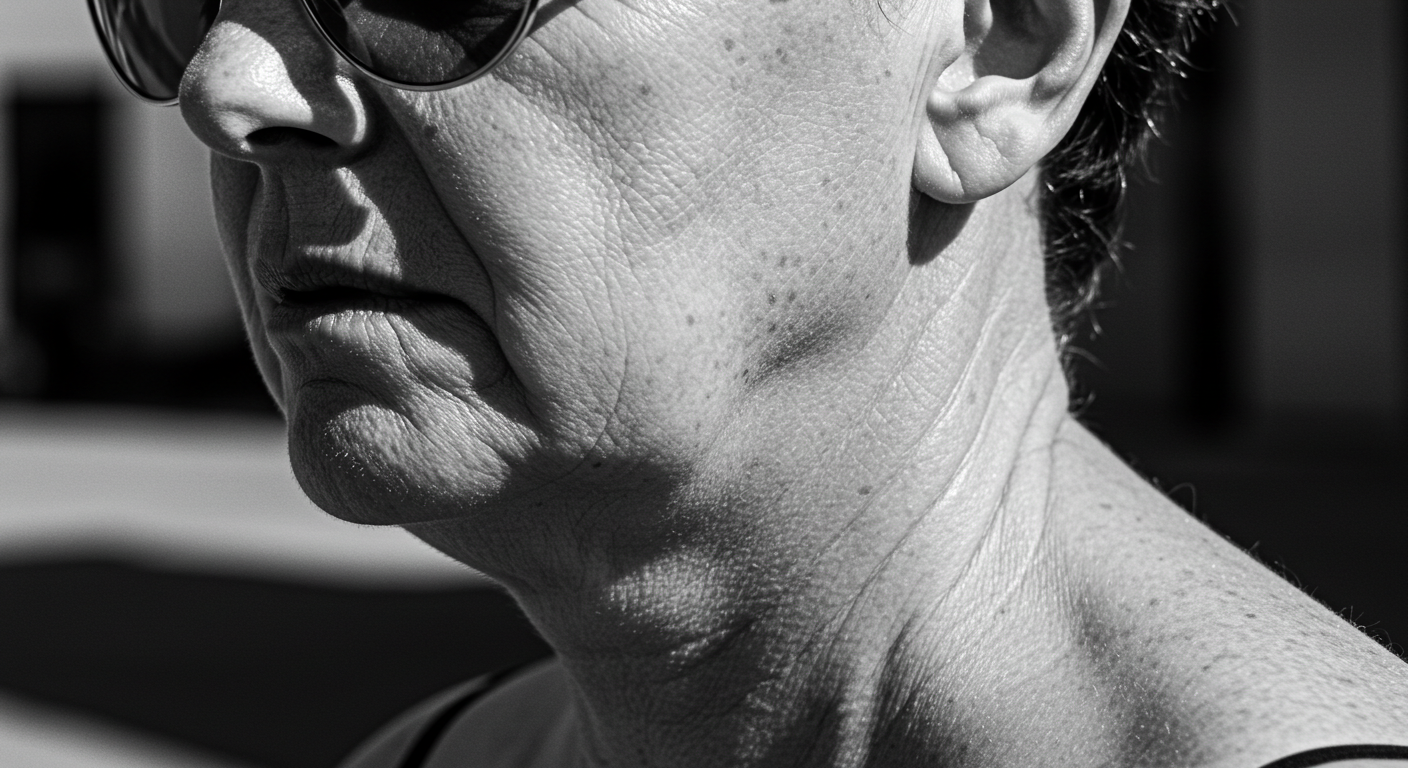Sun exposure can help the body make vitamin D. However, too much sun can harm the skin, especially for seniors. As we age, our skin becomes thinner and more sensitive. This increases the risk of sunburn and other skin problems for older adults.
It’s important to know how the sun affects senior health. In this blog post, we’ll explore the risks and share ways to stay safe under the sun.
Understanding Sun Exposure
Sun exposure refers to the amount of time spent in direct sunlight. For seniors, this exposure can have both positive and negative effects. While some sun is necessary for vitamin D production, too much can harm aging skin.
Many seniors enjoy outdoor activities like walking or gardening. However, they may not realize how damaging UV rays can be to fragile skin. It’s important to balance enjoying the sun and protecting oneself.
Effects of Sunlight on Elderly Skin
The results of prolonged sun exposure can be serious for older adults. The skin loses its ability to regenerate as we age. Therefore, UV rays can cause more severe damage than in younger people.
Common skin issues include sunburn, age spots, and skin cancer. Seniors should be particularly aware of changes in their skin since early detection of issues is critical. Regular skin checks can help identify problems.
UV Rays and Aging Skin
UV rays damage the skin’s DNA, leading to visible aging signs. This includes wrinkles, loss of elasticity, and pigmentation changes. For seniors, these signs can appear more pronounced.
Moreover, UV exposure can increase the likelihood of skin cancers. Understanding this risk is essential. Protective measures should be a priority for maintaining skin health.
The Importance of Vitamin D for Seniors
Vitamin D is vital for seniors’ health, as it supports bone health and the immune system. Sunlight helps the body produce vitamin D, but how much is necessary varies by individual. It’s important to find ways to get this nutrient without excessive sun exposure.
Foods rich in vitamin D include fish, fortified dairy products, and eggs. Consulting a healthcare provider about supplementation can be beneficial.
Sun Safety Tips for Older Adults
Implementing sun safety tips is crucial for older adults. Wearing protective clothing, such as long sleeves and hats, can shield the skin. Utilizing umbrellas or seeking shade is an effective way to limit direct exposure.
Applying sunscreen on exposed skin is also vital. Choose a broad-spectrum sunscreen with an SPF of at least 30. Reapplication every two hours significantly increases its effectiveness.
Senior Skin Care and Sun Protection
Senior skin requires special care to maintain its health. Regular moisturizing can help maintain skin barrier function. This creates a protective layer against environmental damage.
By following sun protection tips for seniors, older adults can enjoy the outdoors safely. Knowledge about personal skin types and vulnerabilities also allows for more effective protection. Seniors should regularly check their skin for changes and consult their doctor as needed.
Sun Exposure Awareness: A Key to Senior Health
Sun exposure has both good and bad effects on senior health. It helps with vitamin D but can also harm aging skin. By following simple safety steps, seniors can enjoy the outdoors without risk.
Understanding sun safety is important as we age. With the right care, seniors can stay active and healthy in the sun. Stay informed, stay protected, and enjoy the sunshine wisely.
Did you find this article helpful? Visit more of our blogs.

